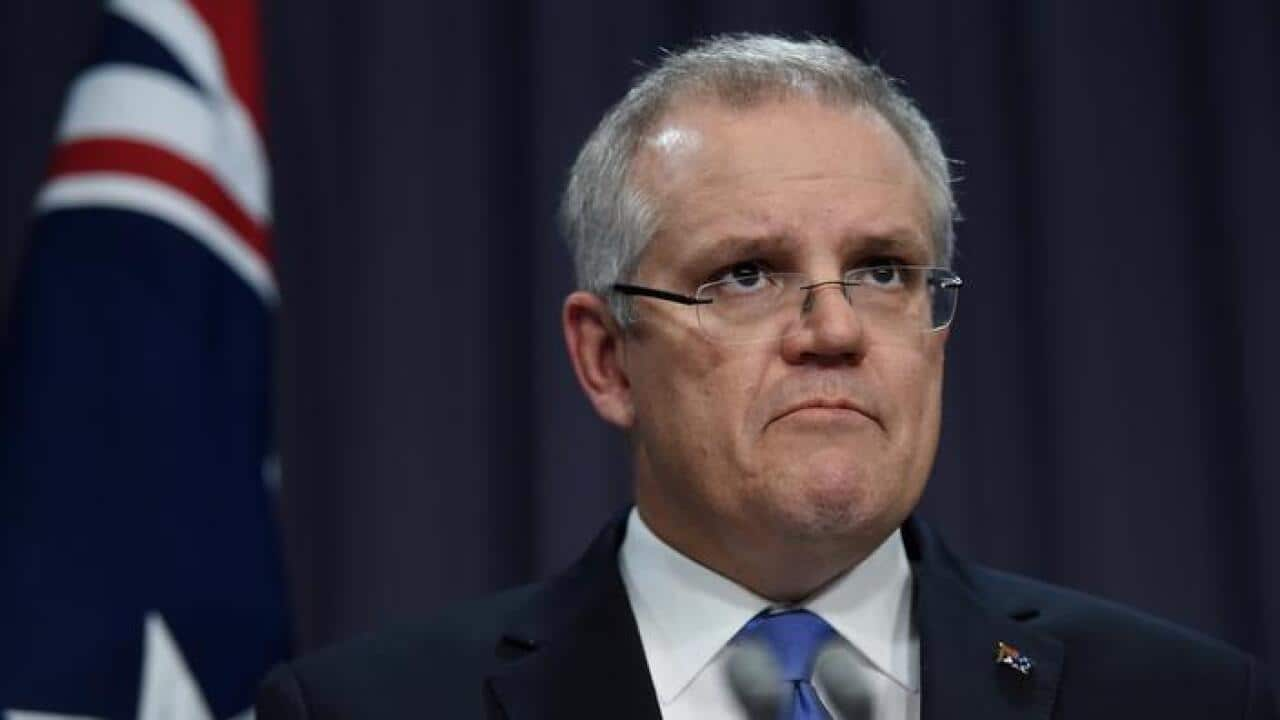A new federal government body will draft a list of public and private assets which would raise red flags if foreign interests sought to buy or lease them.
The Critical Infrastructure Centre is being set up within the Attorney-General's department in the wake of the Ausgrid sale veto and the lease of the Port of Darwin.
The sale of the NSW power network company Ausgrid to Chinese interests was blocked by the federal government on national security grounds.
However questions remain over the Northern Territory government's leasing of the Port of Darwin to Chinese interests.
Attorney-General George Brandis said in a statement on Monday a trend towards privatisation and global supply chain arrangements meant key assets such as ports, electricity networks and water resources could be exposed to "sabotage, espionage and coercion".
"We need to manage these risks by adopting a coordinated and strategic framework," he said.
The centre will develop and maintain a "critical assets register", requiring the cooperation of state and local government as well as the private sector.
Priority would be given to electricity, water and port assets, according to the Attorney-General.
Cybersecurity wasn't mentioned in the government's plan, but it is implied, the Australian Strategic Policy Institute's risk and resilience expert Paul Barnes said.
"One of the issues with the ubiquity of internet-controlled essential services is that it's often so complex that they fail because of the complexity," he said.
"There's one minor issue that occurs and the effects cascade through the system. So, there are dependencies and inter-dependencies across these critical systems."
Dr Barnes said Australia's critical infrastructure is vulnerable in many ways.
"They can be disturbed by any sort of actor, be they human or climate," he said.
"Floods will upset critical infrastructure just as easily and more effectively than any state actor or individual criminal action."
Treasurer Scott Morrison says foreign investment applications would continue to be assessed and managed on a case-by-case basis, under existing foreign investment rules.
Labor transport spokesman Anthony Albanese said the government "didn't need a committee or a process to know the Port of Darwin was a strategic asset that was important to Australia's future national security".
"The government is at last recognising the error of its ways," Mr Albanese said.
"There should absolutely be a national security check on any asset sale."
Share

